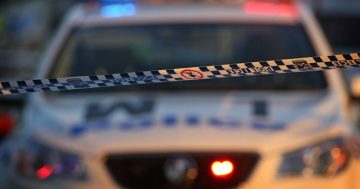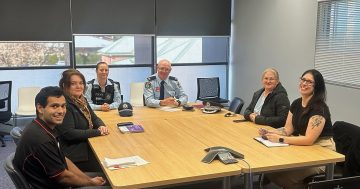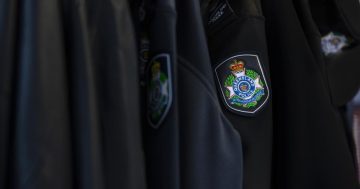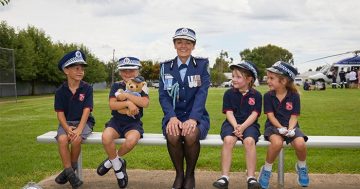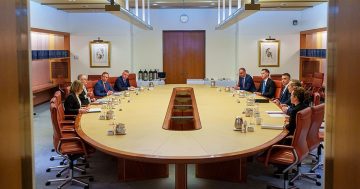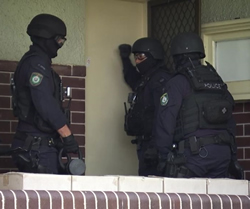 A NSW Police operation targeting the State’s most dangerous domestic violence offenders has seen hundreds of people charged with serious offences.
A NSW Police operation targeting the State’s most dangerous domestic violence offenders has seen hundreds of people charged with serious offences.
NSW Police Corporate Sponsor for Domestic and Family Violence, Deputy Commissioner Mal Lanyon said the four-day operation saw 648 people arrested, including 164 of the State’s most wanted domestic violence offenders.
Deputy Commissioner Lanyon said that during Operation Amorak, police engaged with 1,998 high-risk domestic violence offenders, served 655 outstanding Apprehended Domestic Violence Orders (ADVOs), completed 3,890 ADVO compliance checks and 1,324 bail compliance checks, and conducted 119 Firearms Prohibition Order (FPO) searches.
“Domestic and family-related violence is the most challenging community issue of our generation,” Deputy Commissioner Lanyon said
“We continue to battle the perception that domestic violence is a ‘family matter’ and therefore should be treated as ‘private business’,” he said.
“That is certainly not the case.
“It is a community matter, and we all have a part to play in stopping the senseless loss of lives due to this crime.”
Deputy Commissioner Lanyon said research showed that without appropriate police targeting, a person who had been charged with a strangulation or suffocation offence was likely to progress to homicide offending, “this is the key focus of Operation Amarok”.
The Police’s ‘Corporate Owner’ of Domestic and Family Violence, Assistant Commissioner Stuart Smith said Operation Amarok would remain a State-wide offender-centric operation designed to focus on perpetrators where their intent, capability and access to victims was assessed at an elevated level of threat.
“Police officers spend more time responding to and administering domestic violence matters than any other crime type,” Assistant Commissioner Smith said.
“They investigate any behaviour that controls, intimidates, terrifies or coerces a victim,” he said.
“With Operation Amarok, we’ve shifted our focus to the offender and deployed our officers in the same manner as we would for any violent criminal.”
Support for people impacted by the issues discussed in this article is available from 1800RESPECT on 1800 737 732 and Lifeline on 13 11 14.


